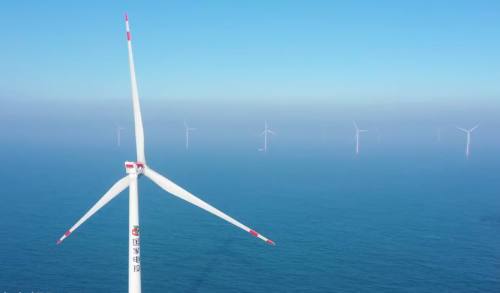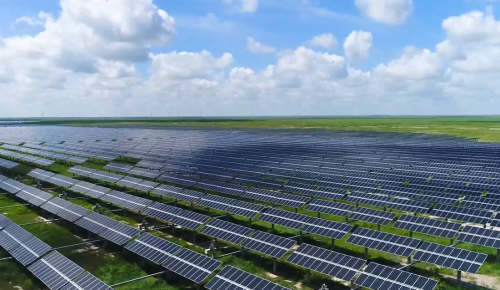China’s First Green Marine Methanol Industrial Chain Cooperation Project Officially Launched
On September 20, China COSCO SHIPPING Corporation Limited (COSCO Shipping), State Power Investment Corporation Limited (SPIC), Shanghai International Port Group (SIPG), and China Certification & Inspection Group (CCIC) jointly signed the “Memorandum of Cooperation on the Construction of a Green Methanol Industrial Chain” online. This milestone signifies the start of the actual construction phase for this comprehensive industrial chain cooperation project, which encompasses the production, transportation, refueling, and certification of green methanol for ships. It represents a significant step towards the application of new energy and the green transformation of the shipping industry.
The adoption of green methanol fuel is a crucial step for the shipping industry to achieve environmental sustainability. COSCO SHIPPING has recently placed an order for 12 methanol dual-fuel container ships, each with a capacity of 24,000 TEU, making them the largest in the world. The global order for methanol-powered ships has exceeded 200. Establishing a green methanol industrial chain is not only necessary for shipping companies to align with the new trend of green, low-carbon, and intelligent shipping, but also to offer customers sustainable and eco-friendly global supply chain logistics services. Moreover, it serves as a significant initiative to develop green and low-carbon industries and drive the transformation and advancement of the industry towards high-quality development.
Based on the Memorandum of Cooperation, all parties involved are committed to fulfilling their social responsibilities by promoting “dual carbon” targets and adhering to the principle of complementary advantages and win-win cooperation. The goal is to leverage their leading advantages in their respective industries to ensure the successful development of all key aspects of the green methanol industrial chain, and establish a green methanol industrial chain that meets both domestic and foreign green certification standards. This industrial chain should operate steadily, smoothly, and have sustainable development capabilities. Additionally, the parties aim to drive the implementation of the first batch of green methanol production projects in China. Furthermore, they plan to use the construction of this green methanol industry chain as a starting point to prospectively explore and apply other green fuels for shipping, with an aim to deepen their cooperative relations, expand the scope of cooperation, and establish a model of green industry collaboration.


